The first time I saw a gay man on television was during reruns of "Desperate Housewives," when my mom was watching. I vividly remember a shocking plotline where the gay teenage son of one of the “desperate” housewives seduced her boyfriend.
That moment made me aware of something I've noticed repeatedly: the hyper-sexualization of gay men. Many shows and movies depict gay men as mere accessory characters, whose main function is to awkwardly flirt with straight men or make crude remarks. It's no surprise that this promiscuous stereotype isn't confined to the screen; it seeps into various aspects of our society.
Slut-shaming assumptions about queer men are unfortunately common, and I've encountered them myself. Our portrayals in the media do us a disservice, and frankly, we often perpetuate these stereotypes.
I know gay men who, at young ages, engaged in sexual encounters with men much older than themselves through apps like Grindr. Recently, I spoke with a friend about his latest flings, and he mentioned using a new site called “Sniffies” to connect with other gay men. This platform is tailored for cruising, allowing for quick, anonymous hookups—essentially, Grindr on steroids.
Cruising refers to seeking sexual encounters in public spaces, typically in a casual manner. This practice emerged as a way for historically marginalized queer individuals to discreetly engage in sexual activity during a time when homosexuality was illegal, necessitating secrecy. Gay men would cruise in restrooms, YMCAs, and bathhouses, often using subtle codes to find others.
For centuries, gay men have been labeled as sexual deviants. Reflecting on how gay men are depicted in the media, it feels as if we have become victims of a self-fulfilling prophecy. I don’t intend to shame anyone for their sexual choices, but many queer men I know seem to embrace this promiscuous label as a form of reclamation. While this reclamation can reassert our agency, it might also prevent us from moving beyond these stereotypes altogether.
If our sexual practices originated from the criminalization of our identities, I wonder why our community seems intent on maintaining them. Although there are times when being open about our sexuality can pose risks, it can be regressive to reduce our sexual experiences to anonymous, meaningless encounters. These dynamics were born from a need to remain hidden from society—so why do we choose to preserve them?
I’m not opposed to casual sex; if you enjoy hookups, that's perfectly valid. However, there's a significant difference between casual encounters and engaging in unsafe, unprotected experiences with people you've only briefly connected with online.
As queer individuals, we deserve healthy and safe sexual relationships. While cruising and anonymous hookups may be part of our history, they don’t have to define our future.
Queer culture emerged from secrecy and repression. In today’s world, we face the challenge of reconciling our liberation with the historical perceptions of our community. As we celebrate our sexual expressions, we must also question why we continue to push them into the shadows—and at what cost.

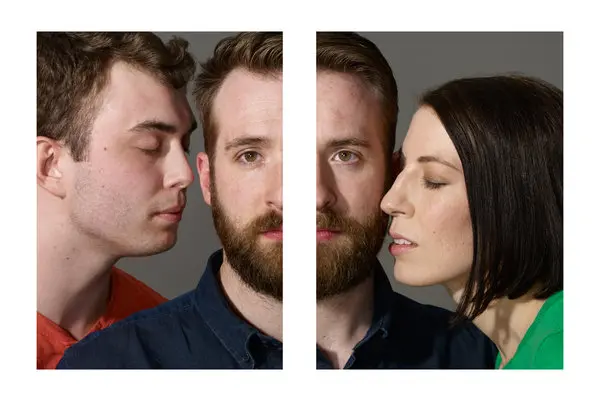
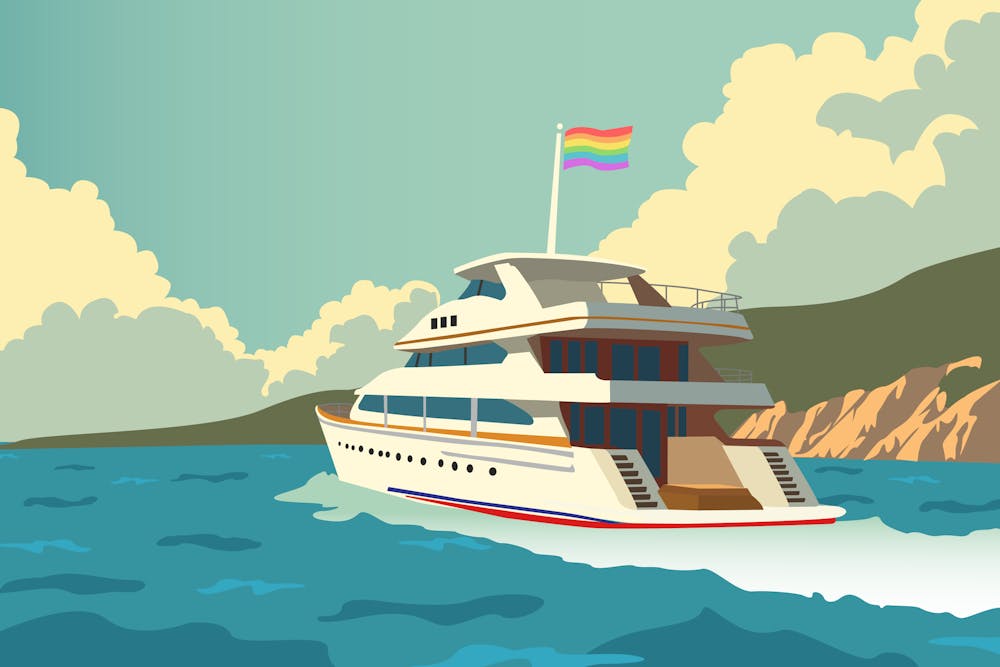

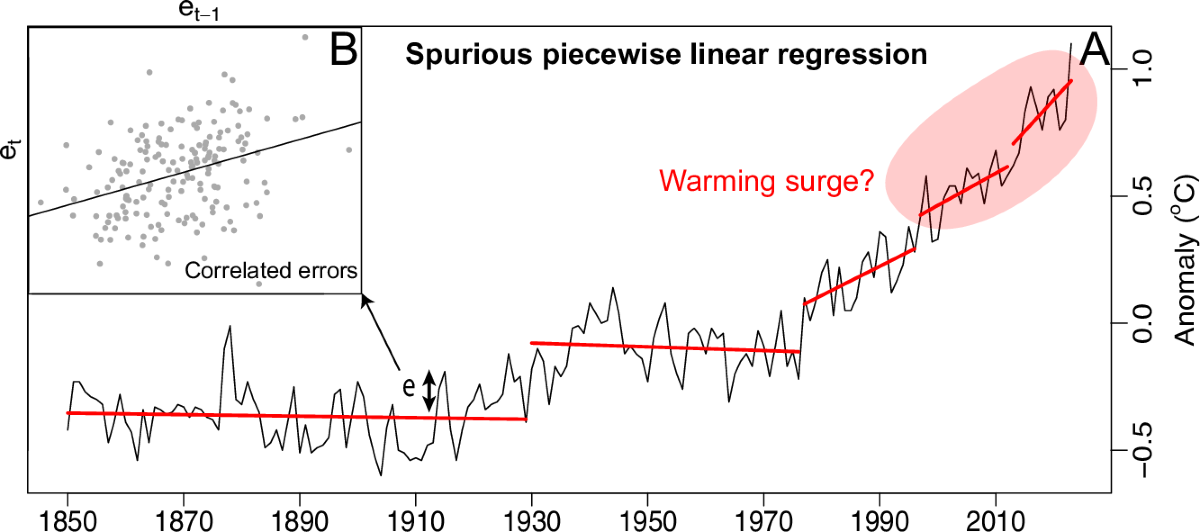

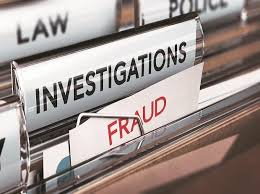







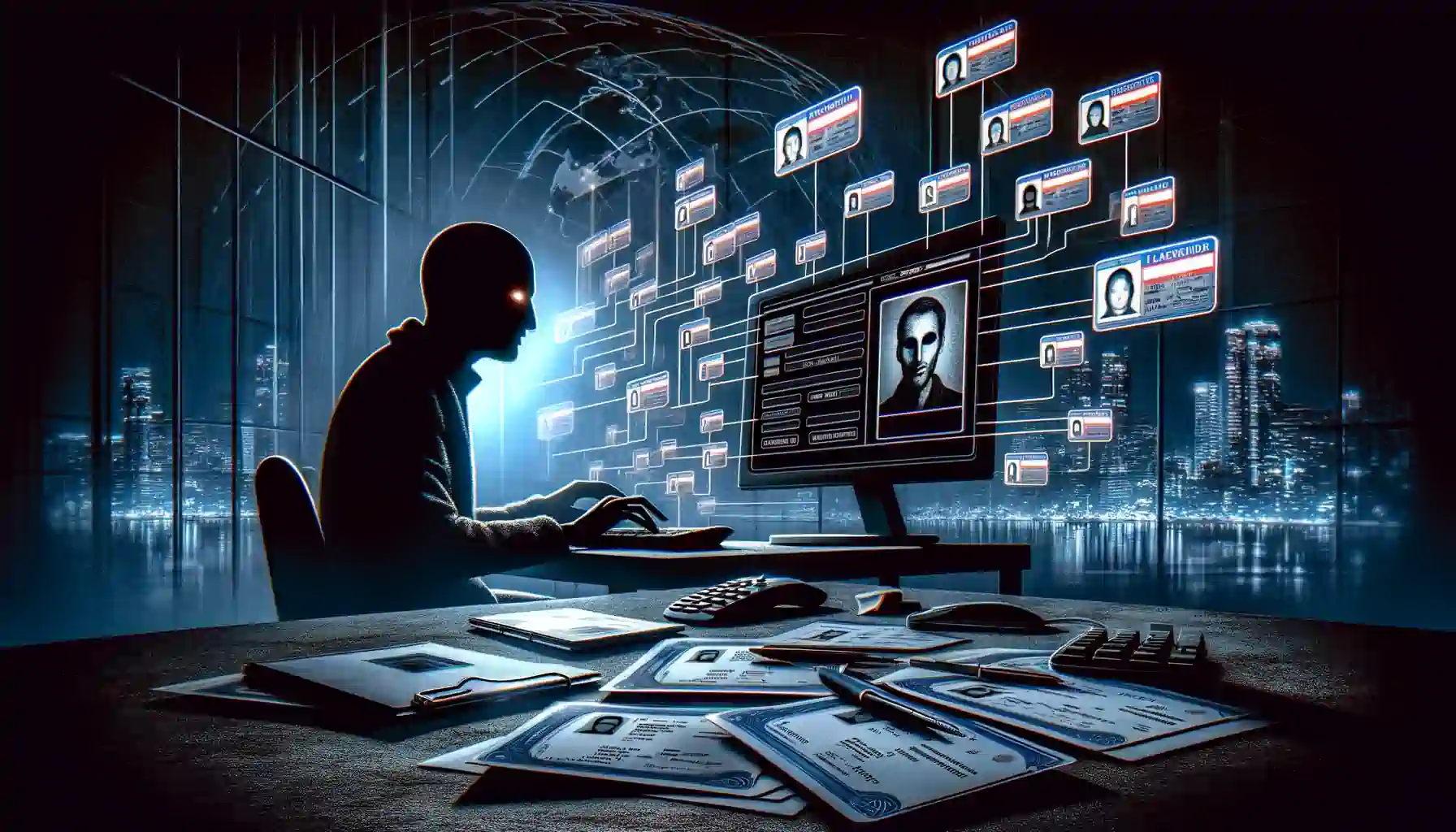


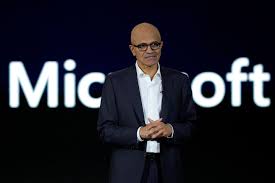









0 Comments